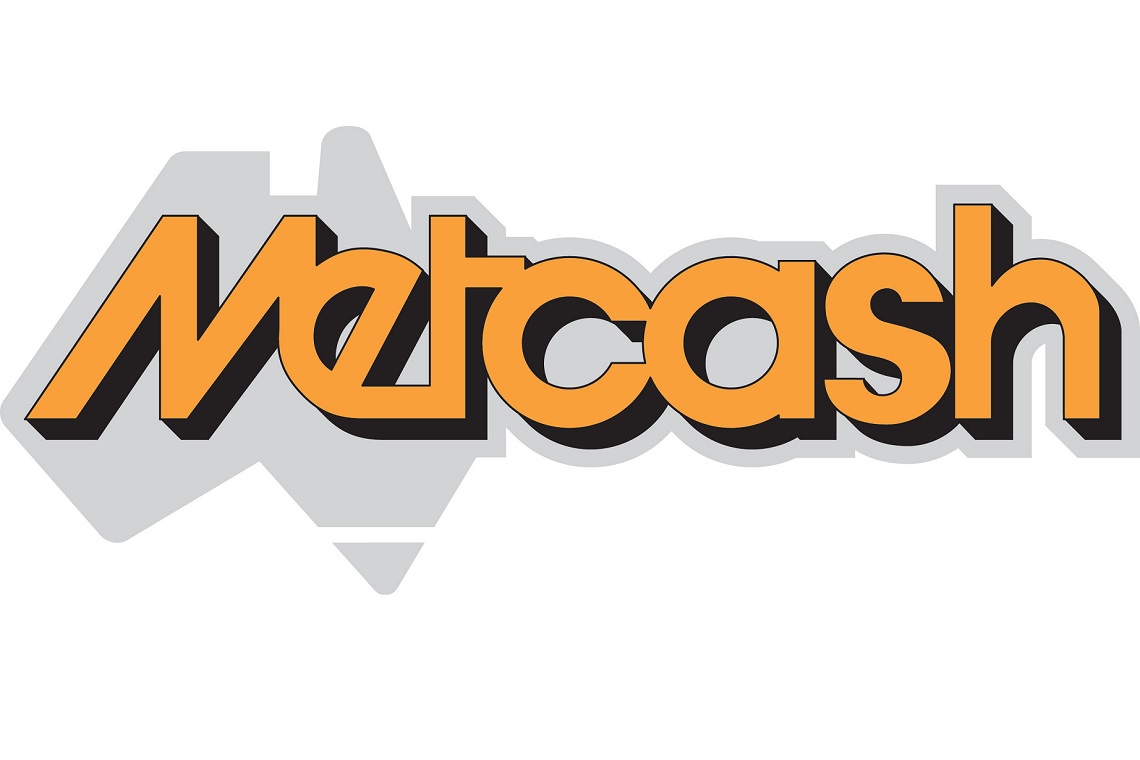Metcash has released its financial results for the year ended 30 April 2019, and while the liquor business has “performed well” the overall group’s profit after tax has fallen three per cent to $210.3m.
Metcash has introduced a new Accounting Standard AASB15, which now excludes charge-through sales, and with the FY18 comparative results adjusted to reflect this new standard, reported group revenue was up 1.8 per cent to $12.7bn. Including charge-through sales, group revenue increased 1.4 per cent to $14.6bn with sales growth in the food and liquor pillars partly offset by a small decline in hardware sales.
Group EBIT declined 1.4 per cent to $330.0m, with earnings growth in hardware and liquor being more than offset by a decline in the food business and a reduction in the net corporate result.
Group CEO, Jeff Adams said: “Further good progress on key initiatives in the second half helped deliver a pleasing financial and strategic outcome for the year.
“Solid earnings and cashflows were again delivered by our Pillars despite challenging market conditions, and we continue to be well positioned with a strong balance sheet.
“Pleasingly, our Supermarkets business delivered its fourth consecutive half-year period of improvement in the non-tobacco sales trajectory, and it has a number of significant MFuture initiatives underway that we believe will drive further improvement.
“As announced earlier this month, we have entered into a new long-term supply agreement with Drakes Supermarkets in Queensland.
“Our Liquor and Hardware pillars continued to perform well, both delivering higher earnings. In Hardware, earnings were up significantly as the business continued to drive synergy benefits from the acquisition of Home Timber & Hardware.
“Our Working Smarter program has now concluded, delivering total annualised gross savings of ~$125m over the past three years, well ahead of the initial ~$100m target.
“MFuture, the next phase of our strategy, is now underway and includes continuing our strong focus on costs and investing to drive revenue growth.
“I am encouraged by the level of retailer confidence in the future and their on-going investment in stores to improve the quality of our independent networks. I am confident in our plans to further champion their growth and continued success of our independent network.”
In a statement detailing the performance of the liquor business, Metcash said: “Total Liquor sales (including charge-through sales) increased 5.6 per cent to $3.67bn (FY18: $3.47bn) reflecting continued growth in sales to the IBA bannered group and ALM wholesale customers. A high proportion of this growth was value driven related to continuation of the ‘premiumisation’ trend to higher quality but less consumption.
“Wholesale sales to the IBA bannered network increased 5.3 per cent, partly reflecting conversion of a number of contract customers to the IBA banner in FY18, including Thirsty Camel in South Australia and the Northern Territory.
“Warehouse sales to the IBA bannered network on a like-for-like basis increased 1.9 per cent (FY18: 1.5 per cent) supported by the on-going investments to improve the quality of the store network and shopper experience. This represents the sixth consecutive year of like-for-like sales growth, showing the strength of our IBA retailer network.
“Liquor EBIT increased $0.9m or 1.3 per cent to $71.2m (FY18: $70.3m). The EBIT margin4 declined 10bps to 1.9 per cent (FY18: 2.0 per cent) reflecting sales growth being largely value driven and the impact of additional costs associated with the introduction and administration of container deposit schemes, MFuture investment in the ‘on-premise’ team and the corporate store trial.
“The implementation of AASB15 had a negative $1.9m year-on-year impact on EBIT.”
In looking ahead Metcash said that it expects the continuation of the premiumisation trend to be the key driver of market growth in the next financial year.
Metcash added that the business will continue to focus on key MFuture initiatives including building and improving the quality of its IBA network, growing its share of the ‘on-premise’ market, the trial of corporate stores, expanding private label and the rollout of Porters Liquor.

